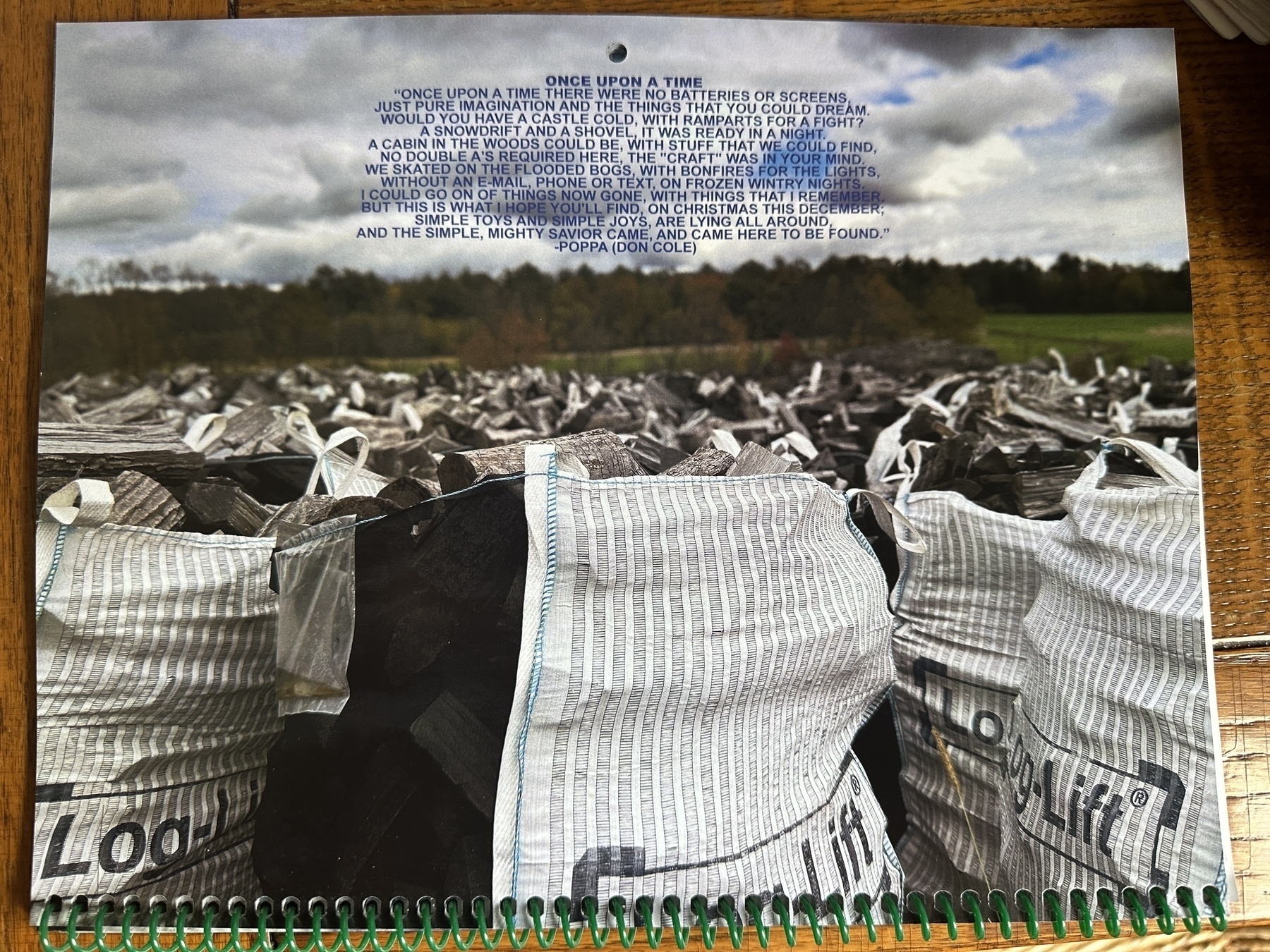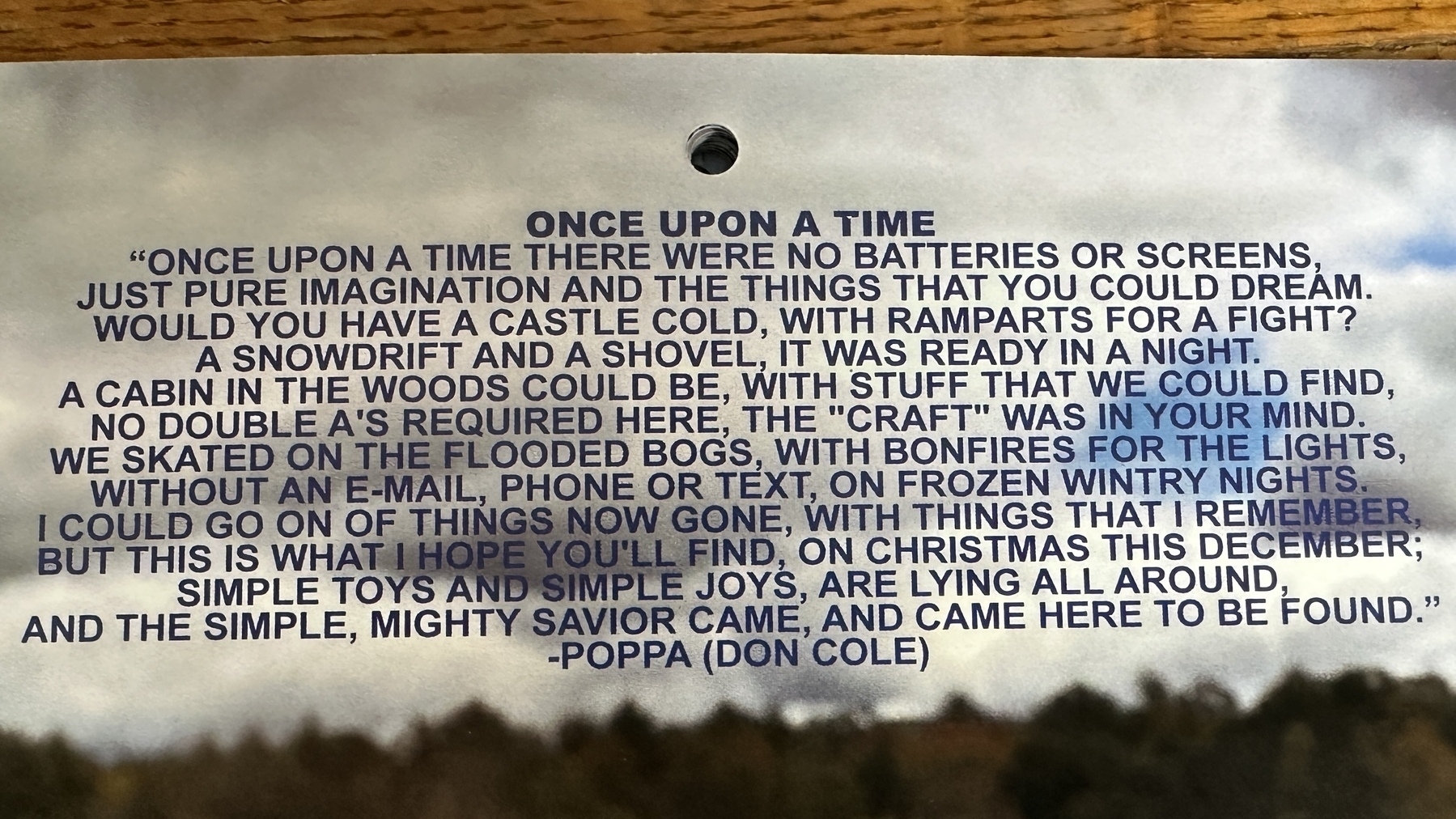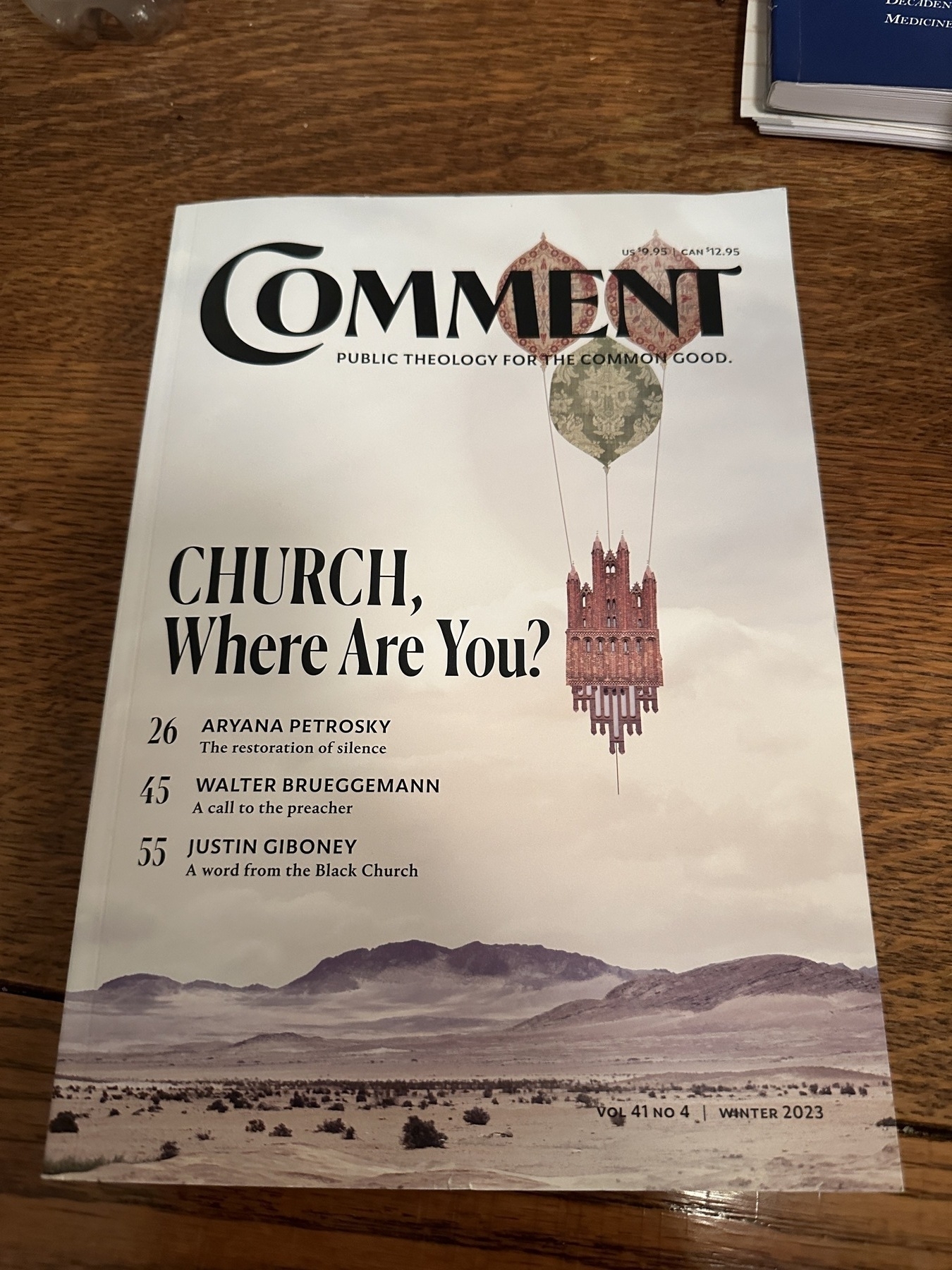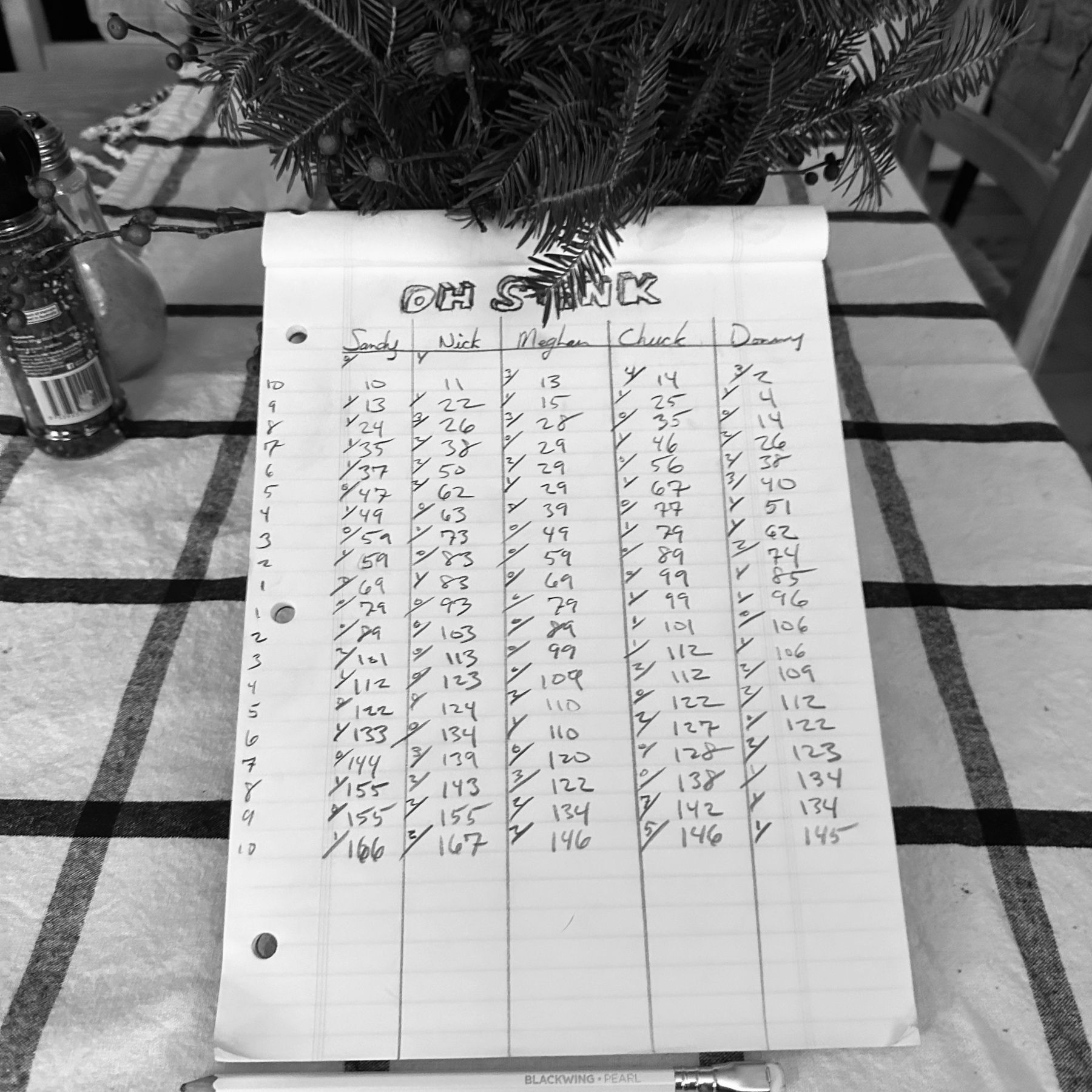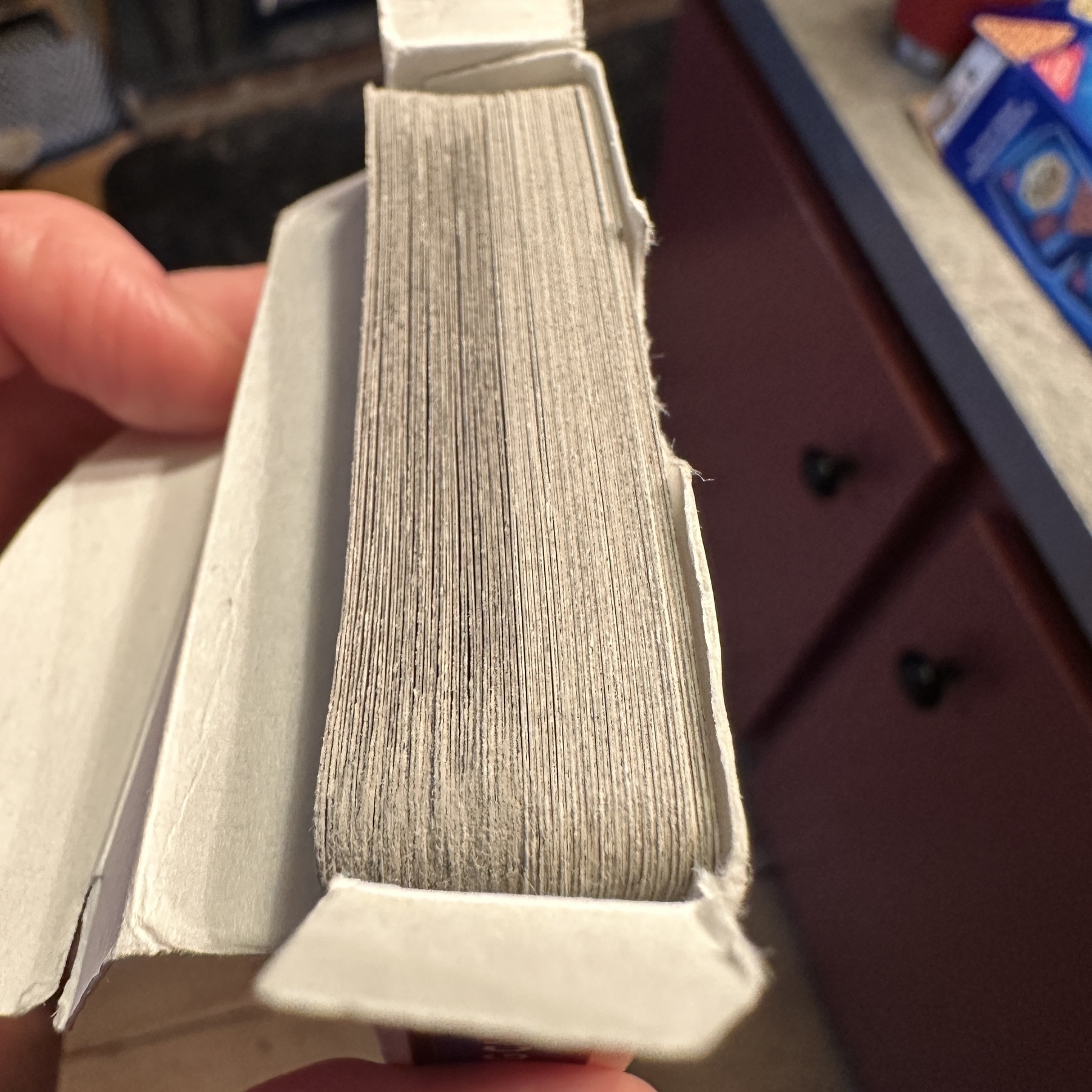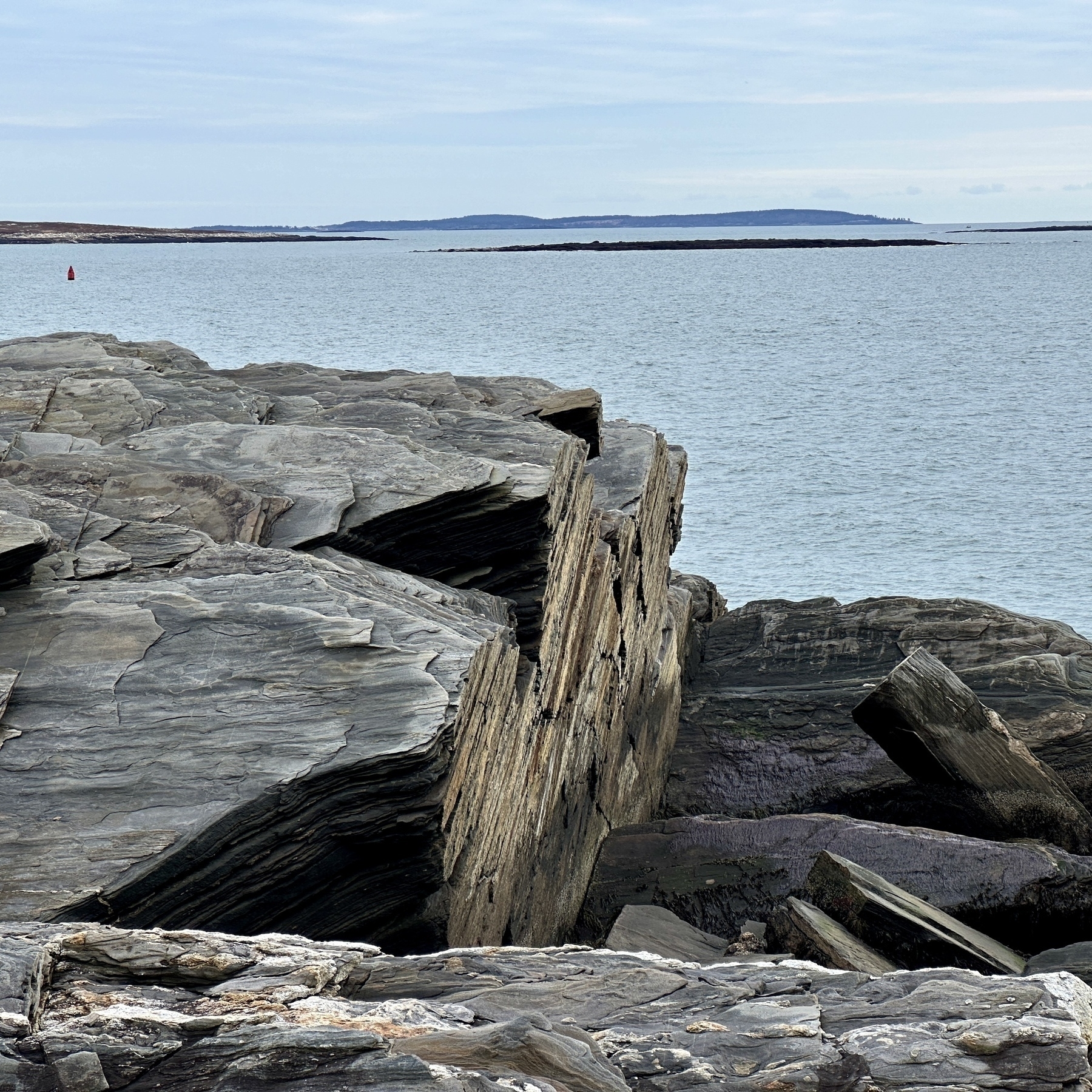Dietrich Bonhoeffer:
If only during this time bitterness and envy have not corroded the heart; that we come to see matters great and small, happiness and misfortune, strength and weakness with new eyes; that our sense for greatness, humanness, justice, and mercy has grown clearer, freer, more incorruptible; that we learn, indeed, that personal suffering is a more useful key, a more fruitful principle than personal happiness for exploring the meaning of the world in contemplation and action. But this perspective from below must not lead us to become advocates for those who are perpetually dissatisfied. Rather, out of a higher satisfaction, which in its essence is grounded beyond what is below and above, we do justice to life in all its dimensions and in this way affirm it.
